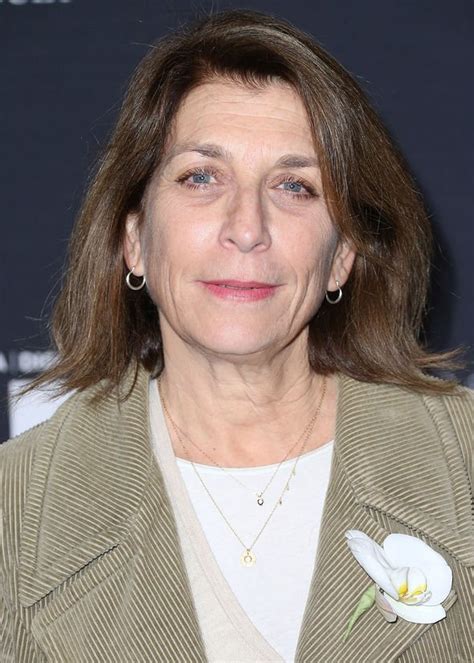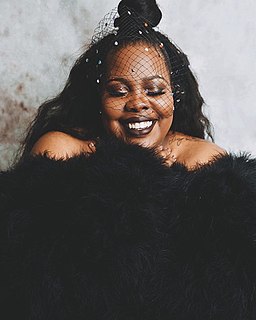A Quote by Brian Selznick
You can make up your own story when you look at a photo.
Related Quotes
The story, I like to say and remember, is always smarter than you—there will be patterns of theme, image, and idea that are much savvier and more complex than what you could come up with on your own. Find them with your marking pens as they emerge in your drafts. Become a student of your work in progress. Look for what your material is telling you about your material. Every aspect of a story has its own story.
A lot of my life involves sitting and having make-up put on; whether it's on a movie set or for a photo shoot. When you're wearing that kind of make-up all the time your skin does get all this sensitivity, so it's important that you make sure you have make-up that is easy on your skin and not too harsh for it.
I was interested in the ways we can write biography. When you're first starting to write about your own life it feels so shapeless because you don't know how to make your own story cohesive. How do I pluck a story out of the entirety of what it means to be alive. It occurred to me recently that when you're telling a story about your own life, rather than taking a chunk, you're kinda like lifting a thread from a loom.
My style is in the 21st century. If you look at the process, it goes from photography through Photoshop, where certain features are heightened, elements of the photo are diminished. There is no sense of truth when you're looking at the painting or the photo or that moment when the photo was first taken.
But at the end of the day, the circumstances of your life what you look like, where you come from, how much money you have, what you've got going on at home that's no excuse ... Where you are right now doesn't have to determine where you'll end up. No one's written your destiny for you. Here in America, you write your own destiny. You make your own future.
Frankly, I get much more sensitive about what's written about me than how I look in a photo. I'm so used to people seeing my image in plays and films that what they think about how I look is none of my business. If they says, "Hey, he doesn't look good," I'm like, Whatever, because I know I look different from day to day. But if you're up there putting your heart into something and people reject your performance, that's very painful. The written word can kick your ass.







































